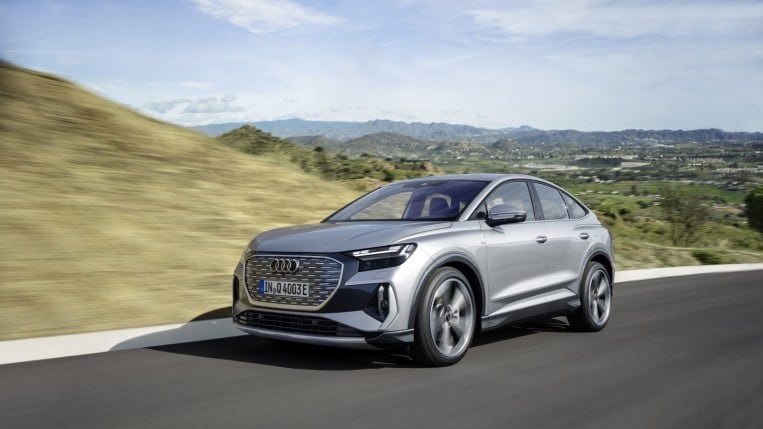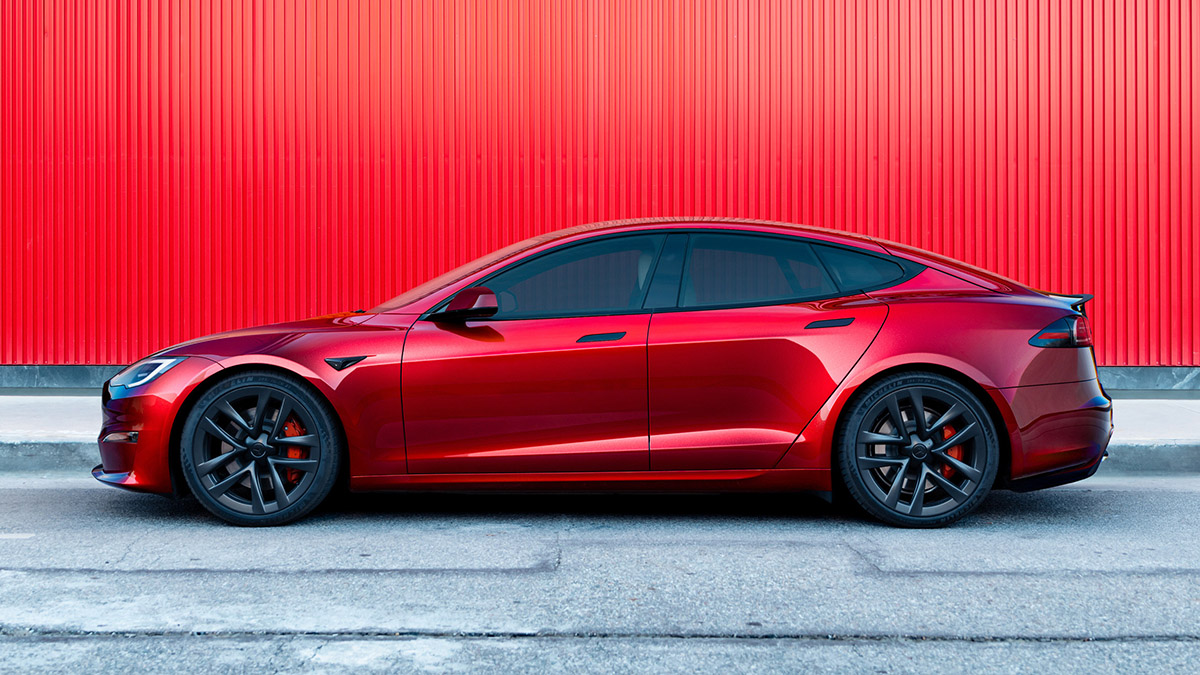Audi will release 20 new electric vehicles (EVs) and 10 new plug-in hybrids by 2025, the company says. To get there, the German automaker will introduce electrified versions of some existing nameplates, bring others back from the dead, and replace still others with something more appropriate to the electric car age.
For instance, Audi sales and marketing chief Hildegard Wortmann told reporters this week that the replacement for the current-generation A6 will come in both EV and gasoline-powered models.
The A2 nameplate, used from 1999 to 2005 on a tall hatchback that never made it to America, will likely make a comeback. The A2, Wortmann said, “was a remarkable use of space and technology, ahead of its time. Stay tuned.”
Audi’s lineup of performance cars may see a shakeup, however. The highest-performance Audi EV “won’t just be an R8 with an electric motor,” she said. “The icons of the past aren’t necessarily the icons of the future.” The sporty little TT may also disappear. “Customers have changed, and the world has gone away from roadsters,” Wortmann said.
“In the past, you made a car, then a similar successor. In the new industry, you don’t. You have to go for new segments because customers change. That’s why we’re doing so many coupe-SUVs. So, it’s not just about straightforward next-generation models of what we have done.”
Future Audi EV platforms:
- The MLB evo SUV platform, already used in the e-tron and e-tron Sportback EVs.
- The smaller MEB platform, less-expensive and used to underpin the Q4 e-tron and Q4 e-tron Sportback SUVs revealed earlier this month.
- The J1 high-performance platform developed with Porsche, currently used on the Porsche Taycan and Audi e-tron GT.
- A new platform, known as PPE, for medium and large EVs, with 800-volt batteries.
The company has said it will not design any more gasoline engines, though it will likely use the engines it has today in another new generation of cars. The company expects EVs to make up 40% of its global sales volume by 2025.








